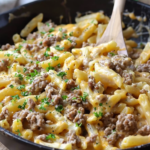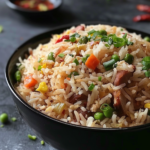The Best Fluffy Pancakes recipe you will fall in love with. Full of tips and tricks to help you make the best pancakes.
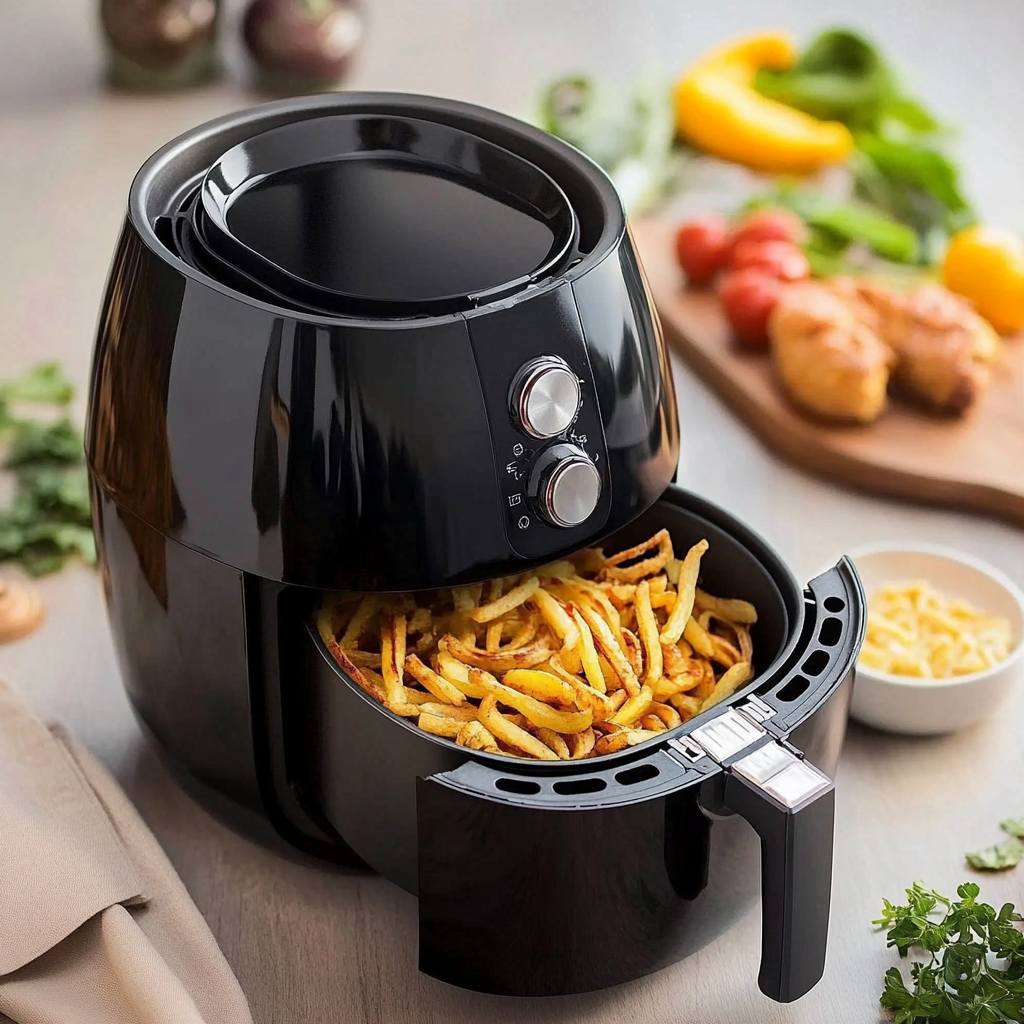
Air fryers have revolutionized home cooking, allowing us to enjoy crispy, delicious foods with significantly less oil. But as convenient as they are, many people are still unsure about what can and cannot be cooked in an air fryer, the proper rules for use, and how to ensure safety while cooking. In this guide, we’ll answer all your burning questions to help you get the most out of your air fryer.
What Cannot Be Cooked in an Air Fryer?
While air fryers are versatile, there are some foods you should avoid cooking in them. Here are a few:
- Wet-battered foods: Air fryers can’t handle wet batters well. Fried fish or chicken with a wet batter will likely drip off, leaving a mess behind and failing to crisp up. Stick to pre-frozen breaded items for better results.
- Cheese: Cheese alone doesn’t do well in air fryers. Without a coating (like breaded mozzarella sticks), the cheese will melt, creating a messy, sticky disaster.
- Leafy greens: Light, leafy vegetables such as spinach or kale blow around in the fryer due to the circulating air, resulting in uneven cooking or burnt bits.
- Whole roasts: Large cuts of meat like a full roast won’t cook evenly due to the size limitations. Use smaller portions like chicken breasts or thighs.
- Grains: Rice, quinoa, and similar grains need water to cook, which air fryers cannot provide. Stick to stovetop or rice cookers for these dishes.
What Is the Rule for Air Fryers?
Using an air fryer is simple once you learn the golden rules:
- Don’t overcrowd: Leave space between food items so the hot air can circulate properly, which ensures even cooking.
- Shake or flip: Halfway through cooking, shake the basket or flip your food to achieve a crispy, evenly cooked texture on all sides.
- Preheat: Always preheat your air fryer for a few minutes before adding food, just like you would with an oven.
- Minimal oil use: While air fryers are designed for low-oil cooking, a small spritz of oil enhances the texture of food, making it crispier without the added grease of traditional frying.
- Check cooking times: Air fryers cook food much faster than conventional ovens. Be mindful of cooking times and avoid overcooking.
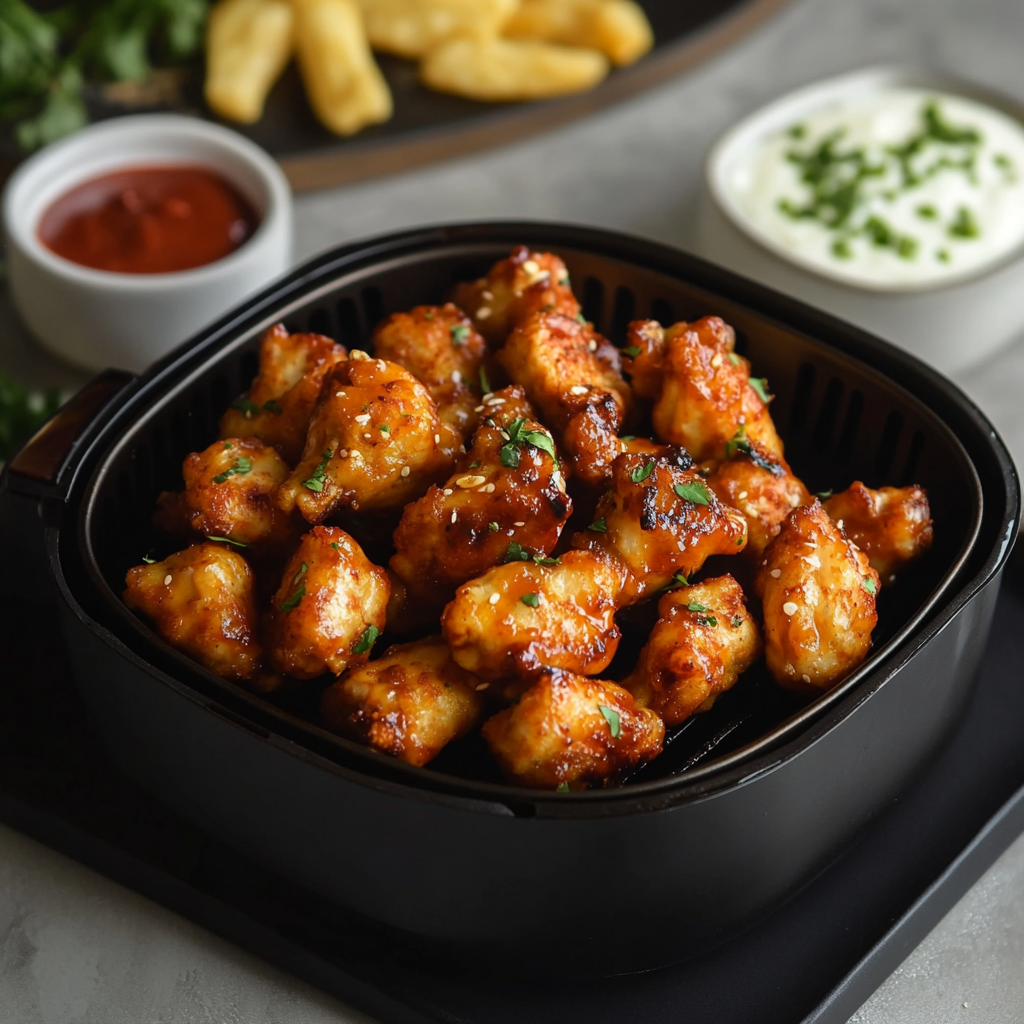
What Are the Disadvantages of an Air Fryer?
Like any kitchen gadget, air fryers have some drawbacks:
- Limited capacity: Most air fryers have small baskets, so if you’re cooking for a large group, you may need to work in batches, which can be time-consuming.
- Drying out food: If used improperly, air fryers can dry out certain foods, especially meats, due to the hot circulating air.
- Noise and space: Some models can be quite loud, and they take up significant counter space. If you have a small kitchen, consider where you’ll store it.
- Longer cook times than deep frying: While faster than ovens, air fryers don’t cook as fast as deep fryers, especially for foods like fries or chicken wings.
What Is Important in an Air Fryer?
When choosing and using your air fryer, these features are key:
- Size and capacity: Choose the right size based on how many people you cook for regularly. A 5-6 quart air fryer is perfect for a family, while a 2-3 quart version is better for singles or couples.
- Temperature control: The best air fryers offer adjustable temperatures, from as low as 180°F to as high as 400°F, to cook a variety of foods.
- Easy cleaning: Non-stick, dishwasher-safe baskets are a must for easy cleanup after use.
- Safety features: Look for models with automatic shutoff and cool-touch handles to prevent accidents.
What Is Unsafe in an Air Fryer?
Here are some safety concerns to be aware of:
- Avoid cooking sprays: Aerosol sprays can damage the non-stick coating of your air fryer basket. Instead, use a refillable oil sprayer or brush the food lightly with oil.
- Hot steam and surfaces: Air fryers get very hot, and steam can escape when opening the basket. Always use oven mitts or tongs when handling food.
- Parchment paper: If you use parchment paper, ensure it’s weighed down by food. Otherwise, it can blow around and potentially catch fire due to the high-speed air circulation.
- Plastic items: Never put plastic or non-heat-safe materials in your air fryer. They can melt and cause safety hazards.
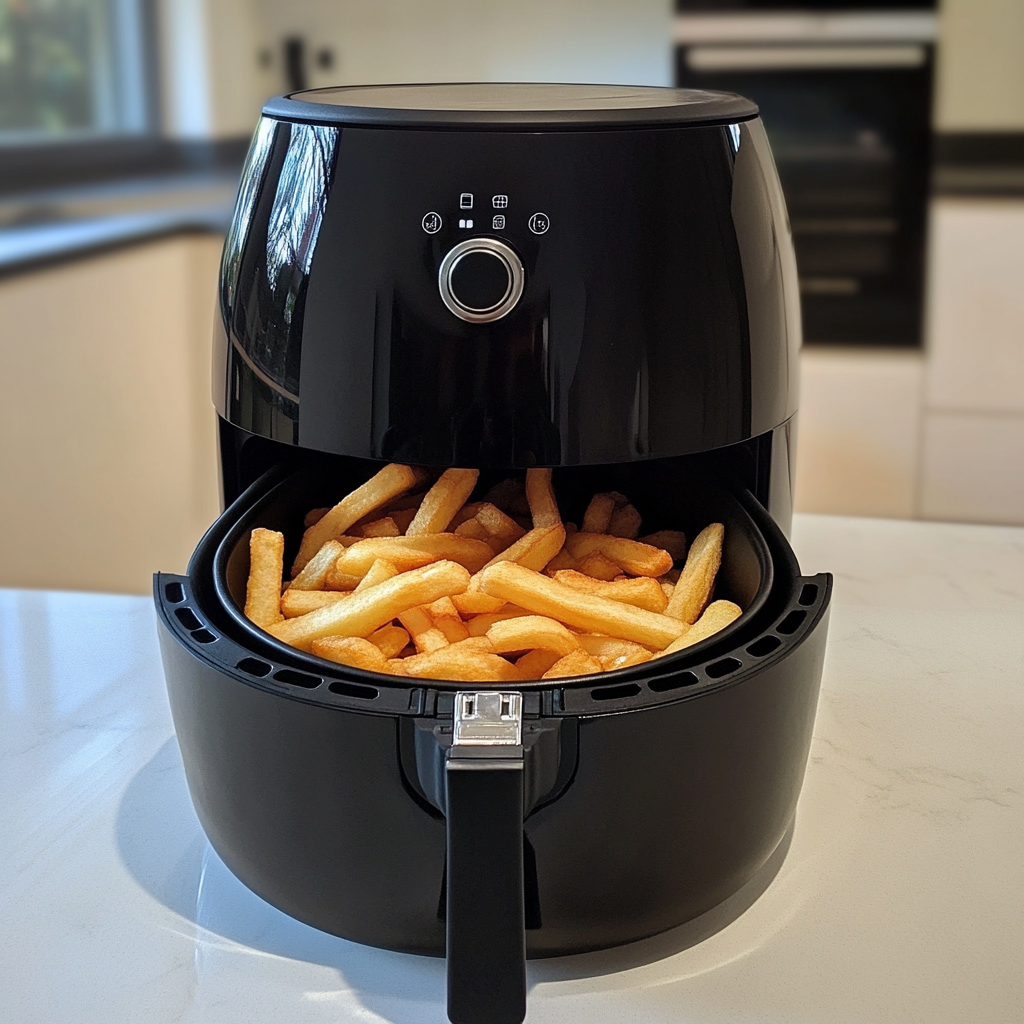
Is Air Fryer Food Healthy?
Air frying is considered a healthier option compared to deep frying since it uses significantly less oil. With just a light spritz of oil or none at all, you can enjoy crispy fries, chicken, or veggies without the excess calories and fat from traditional frying.
However, it’s important to remember that air-fried food is still considered fried food. Moderation is key, and pairing your air fryer creations with healthy sides like salads or steamed vegetables ensures a balanced meal.
Do Air Fryers Need Oil?
Air fryers technically don’t need oil to cook food, but adding a little oil can greatly improve the texture and taste of certain foods. For example, tossing your potatoes or chicken wings in a small amount of oil before cooking helps them crisp up beautifully. However, avoid using too much oil as it can make your food greasy and defeat the purpose of air frying.
What Is the Safe Temperature for Air Fryers?
Air fryers are generally safe to use as long as they are operated within the recommended temperature ranges, which usually max out around 400°F. Always follow the manufacturer’s instructions, and avoid exceeding the recommended temperature to prevent damage to the appliance or burnt food.
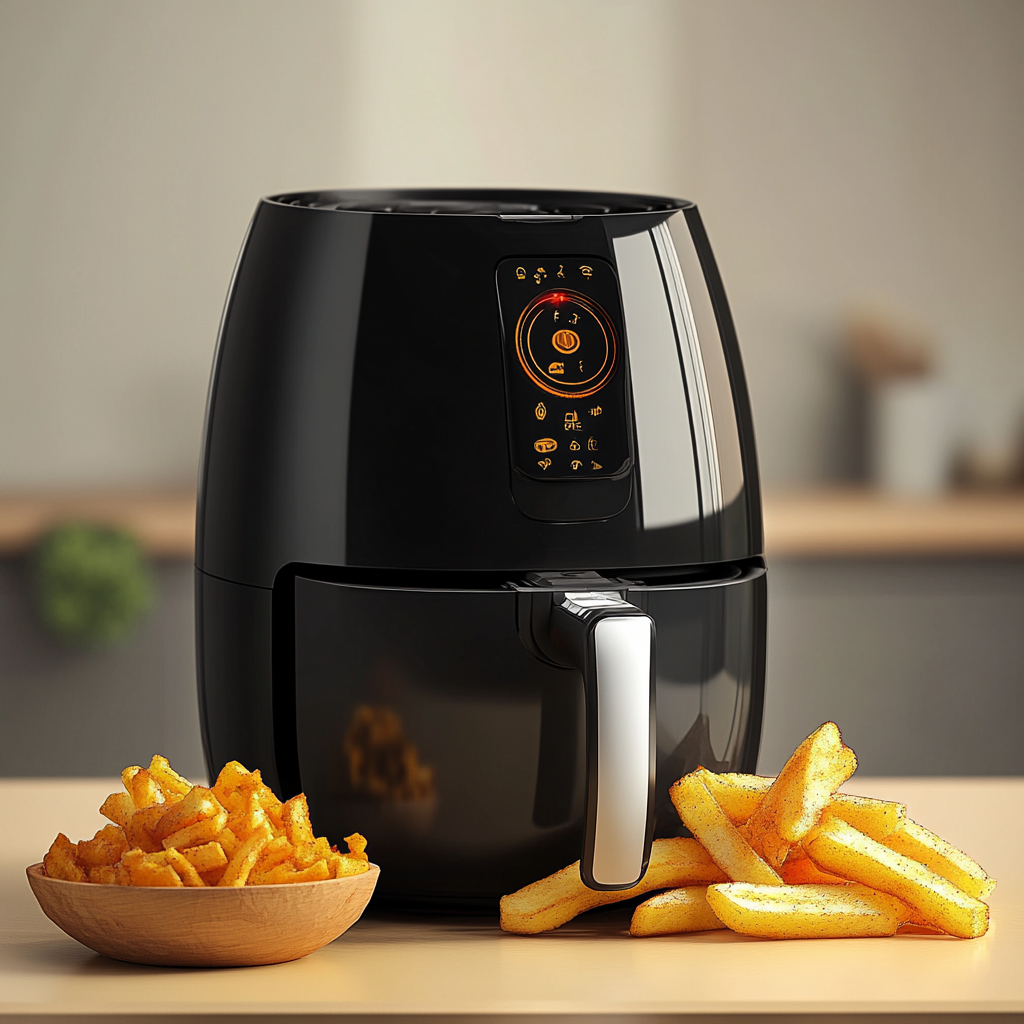
How Many Degrees Can an Air Fryer Go Up To?
Most air fryers can reach temperatures as high as 400°F, which is sufficient for achieving a crispy, fried-like texture. Some models even offer a wider range, allowing you to cook delicate foods at lower temperatures or sear foods at higher temperatures.
Conclusion: Master Your Air Fryer with These Tips
Air fryers are a game-changer in the kitchen, making it easier and healthier to enjoy crispy, delicious foods. By following the simple rules above and paying attention to safety tips, you can ensure that your air fryer experience is both enjoyable and effective. Whether you’re making fries, chicken, or veggies, the air fryer offers versatility with less guilt. Just remember to avoid overloading the basket, shake halfway through, and add a little oil to enhance your dishes.
So go ahead—dust off that air fryer, experiment with new recipes, and enjoy all the benefits it brings


